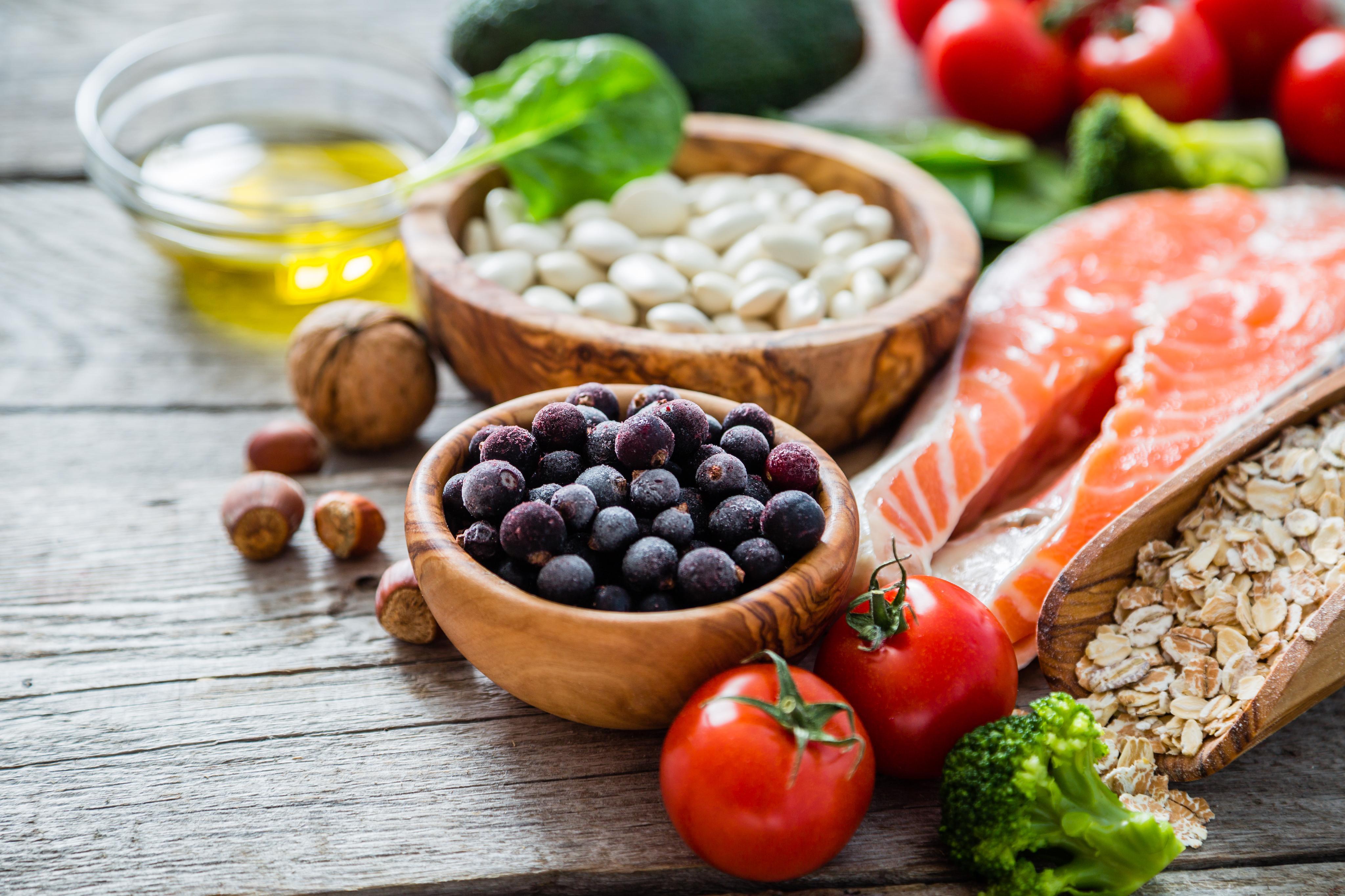Nutrition and Surgery

Overview
Nutrition has a crucial role to play in surgical recovery. Consuming balanced meals and adhering to dietary guidelines before and after surgery can improve health outcomes and expedite the healing process. This guide provides an insight into the connection between nutrition and surgery and suggests ways to prepare your body for a surgical procedure.
Types of Nutrition Approaches for Surgery
Nutrition related to surgery is usually divided into two main approaches:
1. Preoperative Nutrition: This pertains to the dietary habits and nutritional supplementation before surgery. It aims to build a strong immune system and ensure that the patient is in the best possible health before the operation.
2. Postoperative Nutrition: This focuses on the nutritional needs post-surgery. It aims to support wound healing, maintain muscle mass, and speed up recovery.
Causes and Risk Factors
Malnutrition and dehydration can negatively impact surgical outcomes. These can be triggered by several factors, including:
– Pre-existing health conditions like diabetes or heart diseases;
– Age, as older adults can have altered nutritional needs;
– Poor dietary habits which can lead to deficiency of vital nutrients;
– Certain medications can affect appetite and nutrient absorption.
Symptoms of Poor Nutrition
Signs of poor nutrition prior to surgery can include:
– Unintentional weight loss;
– Fatigue and weakness;
– Delayed healing of wounds;
– Increased susceptibility to infections.
Diagnosis
Doctors and dieticians assess a patient’s nutritional status through various methods, such as:
– Dietary assessment to evaluate meal patterns;
– Laboratory tests to detect nutrient deficiencies;
– Body Mass Index (BMI) calculation.
Treatment Options
Treatment can include:
– Medical Nutrition Therapy (MNT): This comprises dietary counselling, meal planning, and nutrient monitoring.
– Oral Nutrition Supplements: These can be used to meet nutrient needs when food intake alone is insufficient.
– Enteral or Parenteral Nutrition: For patients unable to eat orally, tube feeding or intravenous feeding may be required.
Living With Nutrition and Surgery
Here are a few tips to manage your nutrition before and after surgery:
– Follow a balanced diet rich in fruits, vegetables, lean proteins, and whole grains;
– Stay hydrated, but avoid alcohol and limit caffeine;
– Consider a multivitamin or mineral supplement as suggested by your healthcare provider;
– Achieve and maintain a healthy weight;
– Follow your doctor’s dietary guidelines regarding any food or drink restrictions before the surgery;
- After surgery, increase protein intake to aid tissue repair and boost immunity.
When to Seek Help
Consult your doctor if you:
– Experience loss of appetite;
– Have difficulty swallowing or keeping food down;
– Lose weight unintentionally;
– Feel consistently weak or tired.
Nutrition plays an essential role in preparing for surgery and recovering post-surgery. Following the recommended dietary advice can facilitate faster healing, minimize potential complications, and enhance overall well-being. Always remember the importance of open communication with your healthcare team to support your nutritional needs before and after surgery.
